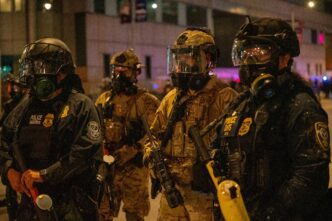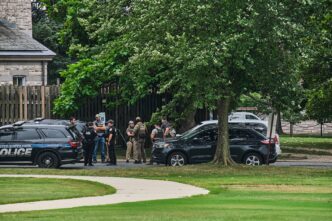With the holiday season fast approaching, understanding fireworks regulations in Florida and Georgia is crucial for safety and compliance.
In Florida, fireworks are permitted only on specific occasions: July 4th, New Year’s Eve, and New Year’s Day. Purchasers must be at least 18 years old, and local jurisdictions may impose further restrictions. For instance, in Jacksonville Beach, fireworks that launch into the air are not allowed. Authorities strongly advise checking with local officials or homeowner associations prior to any fireworks use.
Georgia’s laws parallel Florida’s in several ways. An individual must be 18 to buy or use fireworks, permitted mainly on holidays like New Year’s Eve and New Year’s Day. Prohibited actions include igniting fireworks indoors, on public roads, or near railroads, with additional local ordinances possibly in effect. Moreover, fireworks are banned in parks, historical sites, and recreational areas, with a mandatory 100-yard buffer from sensitive locations, such as hospitals, nursing homes, gas stations, and prisons.
The Consumer Product Safety Commission (CPSC) notes significant safety concerns, reporting 9,700 fireworks-related injuries treated in ERs last year. Burns made up 42% of these cases, predominantly affecting hands and fingers, but also involving the head, eyes, feet, and legs. Alarmingly, eight fatalities were reported, predominantly due to misuse or faulty fireworks. Teens between 15-19 are the most common age group ending up in the ER, followed by children aged 5-9.
Important safety recommendations from the CPSC stress never allowing children to handle fireworks, including sparklers. It’s advised to keep water sources like a bucket or hose nearby to manage potential fires. Fireworks should be lit one at a time, followed by a quick retreat from the area. Reigniting or picking up partly ignited fireworks is discouraged, and using them while impaired by substances like alcohol or drugs is dangerous.
Sparklers, often perceived as harmless, actually reach temperatures of up to 2,000 degrees Fahrenheit, hot enough to cause severe burns. They are responsible for approximately 2,000 eye injuries annually, highlighting the need for caution even with sparklers. Proper disposal by soaking used fireworks in water before discarding is essential. Checking community-specific regulations ensures a lawful and safe celebration.
Understanding and adhering to fireworks regulations in Florida and Georgia is vital for safety and legality during festive celebrations.
Source: News4jax








